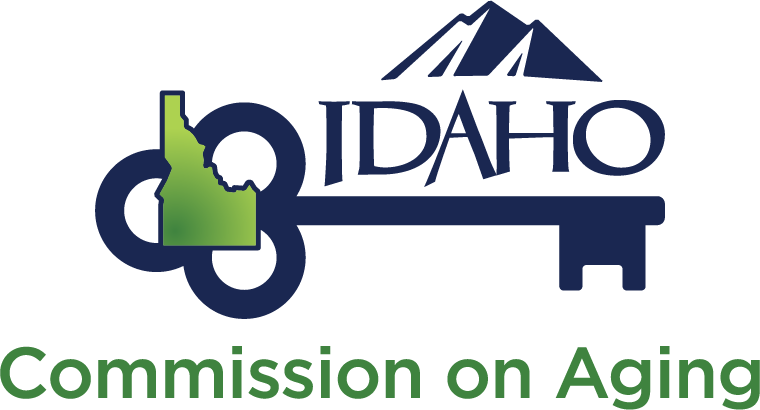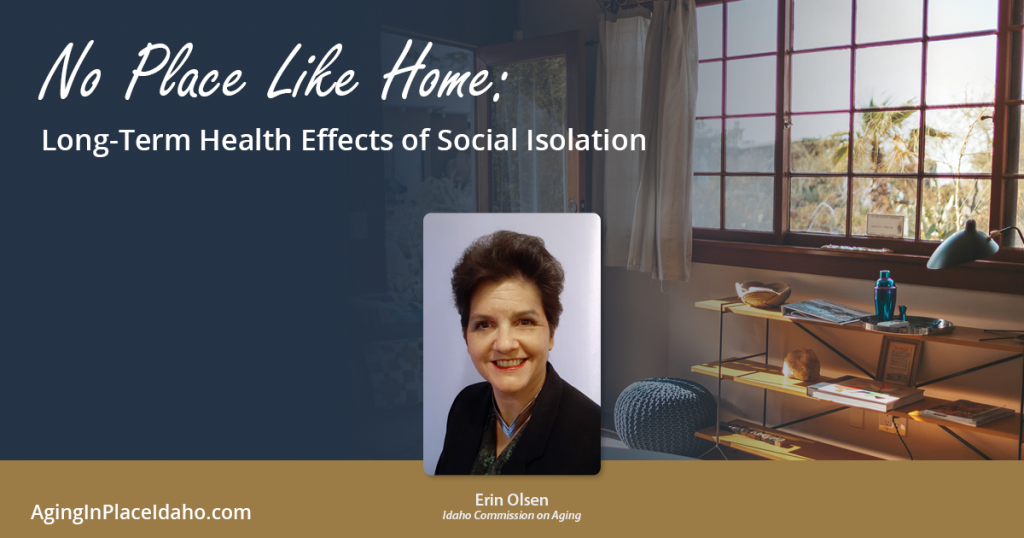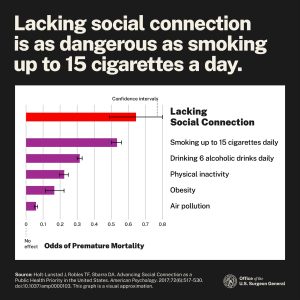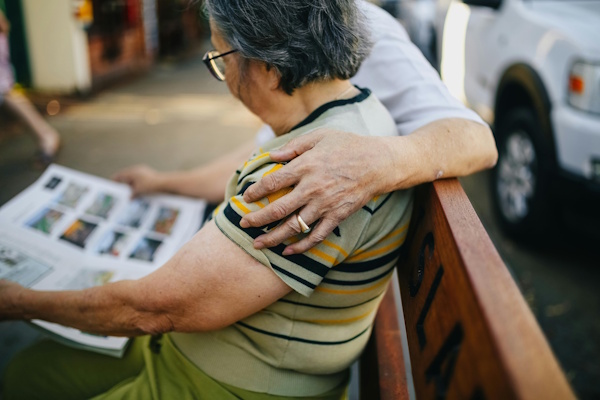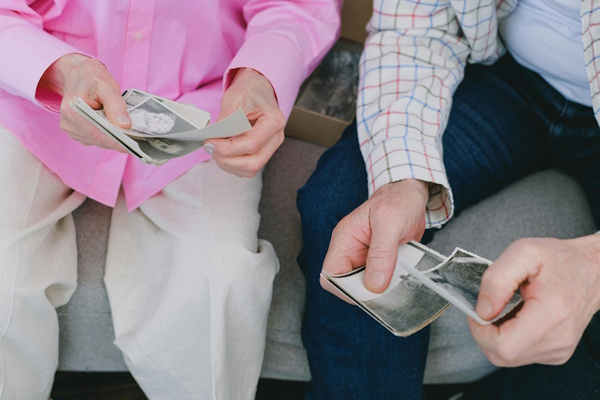Idaho Connects to Reduce Loneliness
Loneliness is social pain. Humans are designed to connect with others. A lack of personal connections results in loneliness.
Loneliness is important. It is not just an emotional issue, it can impact our mental and physical health.
Health Risks of Social Isolation and Loneliness:
Carries the same health risk as smoking 15 cigarettes a day, obesity, or a sedentary lifestyle (Julianne Holt-Lundstad)
A 50% percent increased risk of dementia. (NASEM)
A 29% increased risk of heart disease and a 32% increased risk of stroke. (www.nia.nih.gov)
Higher rates of depression, anxiety, and suicide. (CDC)
Heart failure patients were associated with a nearly 4 times increased risk of death, 68% increased risk of hospitalization, and 57% increased risk of emergency department visits. (CDC)
Below are resources for how to help reduce loneliness and how to get involved to help others!
Erin identifies differences between isolation and loneliness, the signs associated with loneliness and depression, and how simple interventions can alleviate them before significant physical and emotional health issues develop…
Idaho is known for her committed and numerous volunteers. The End Loneliness Campaign supports volunteers, professionals, elected officials, and concerned citizens to end loneliness in our state. This campaign is modeled after the End Loneliness UK campaign that has had decades of success in multiple countries around the world.
Ending Loneliness will require action on multiple fronts.
Strengthening Community-level enablers
Ensuring local access to transportation and communication technology
Preventing chronic loneliness for older and disabled Idahoans
Identifying the loneliest Idahoans
Serving them in a way that is meaningful
This is not a small undertaking, but together we can make a difference.
Join the Campaign and increase your knowledge about loneliness by taking our six module course, browse the tools and resources, and reach out to your local Area Agency on Aging to get involved.
A Spanish language option can be chosen on the first slide of each module.
Module One: Let’s Understand Loneliness , 6:00
Module Two: Let’s Talk About Loneliness , 4:05
Module Three: Let’s Reduce Loneliness , 8:47
Module Four: Let’s Communicate Well , 8:12
Module Five: Let’s Be Professional , 4:47
Module Six: Let’s Take Care of Ourselves , 4:11
Video: Loneliness is Killing Us, 10:29
Video: Sympathy vs. Empathy, 2:32
Video: An Example of a Committed Volunteer, 6:47
Video: Benefits of Volunteering, 3:10
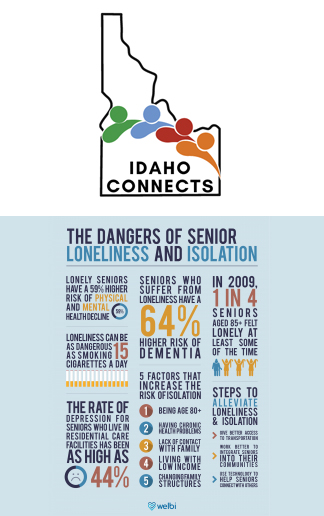
- Learn more on ICOA’s Isolation-Induced Depression webpage
- PreventSocialIsolationfromMakingLonelinessWorse.pdf
- National Alliance On Mental Illness (NAMI) Phone: (208) 801-1609 Talk Openly And Honestly About Your Struggles With No Shame.
Preventing Social Isolation from Making Loneliness Worse (PDF)
National Alliance On Mental Illness (NAMI) – Treasure Valley: (208) 801-1609
Talk Openly and Honestly About Your Struggles…

